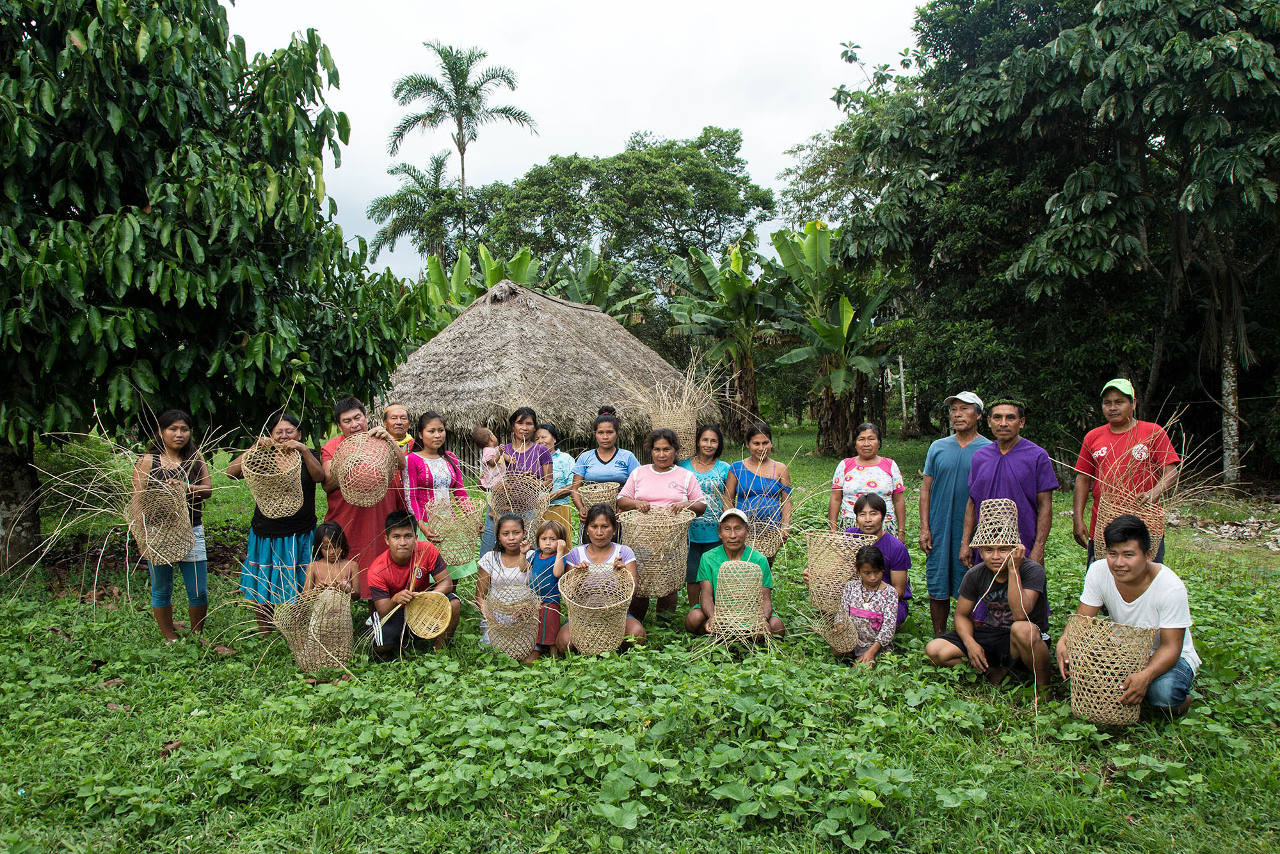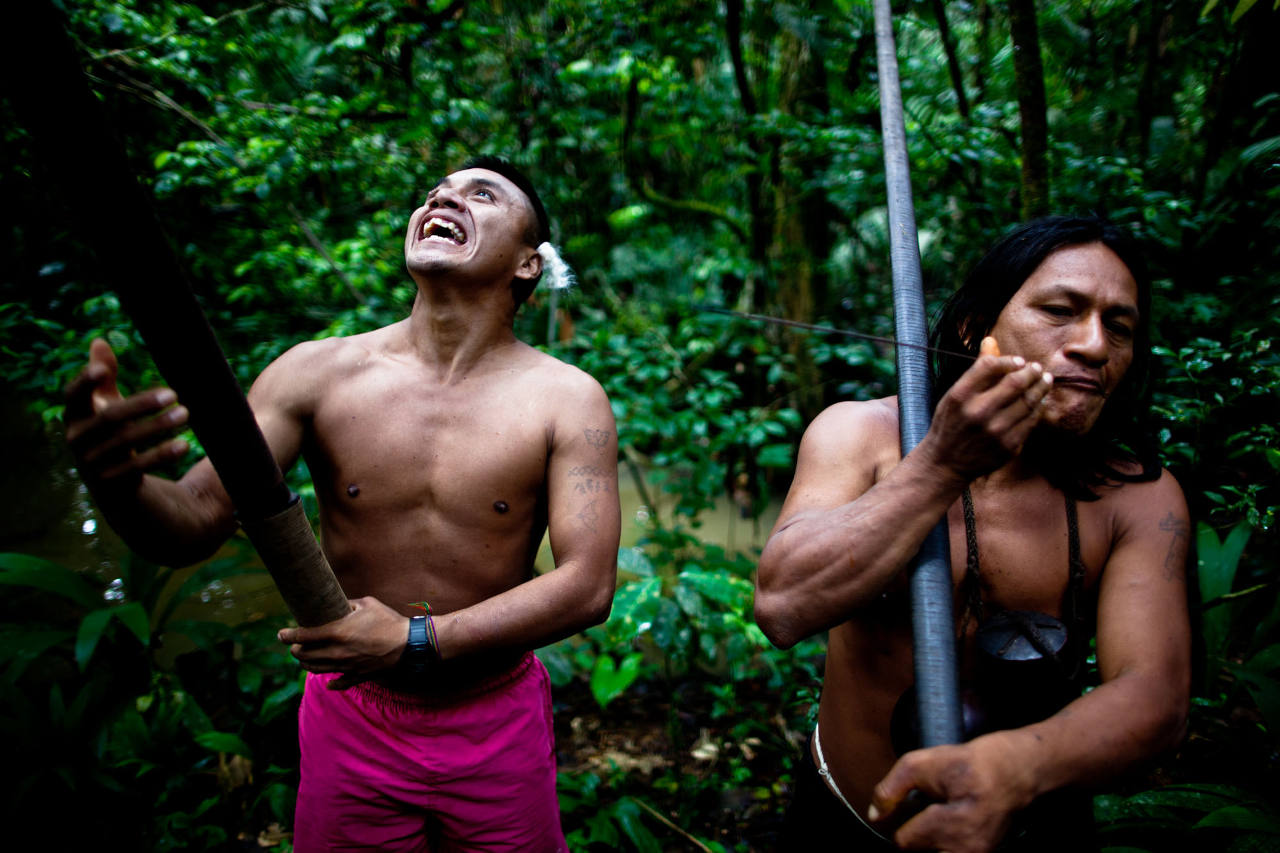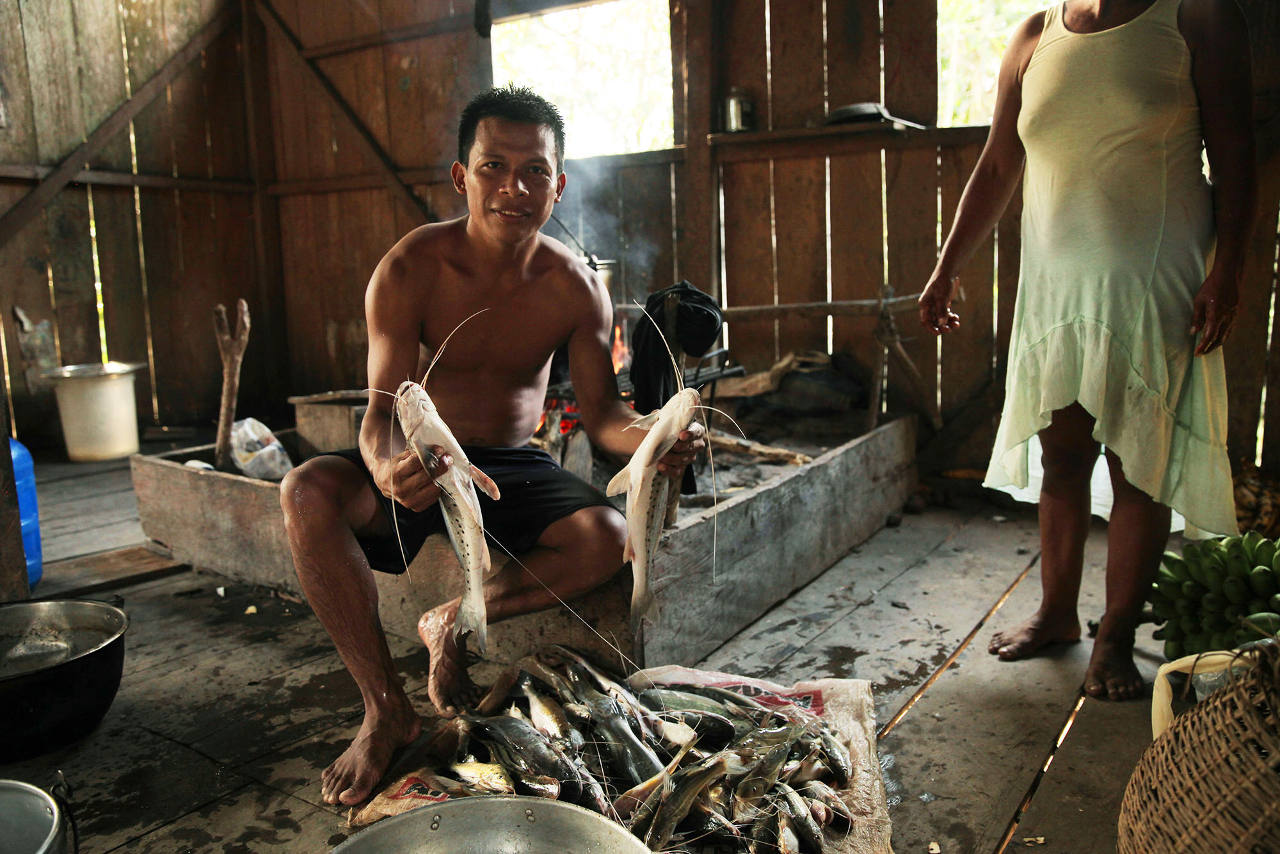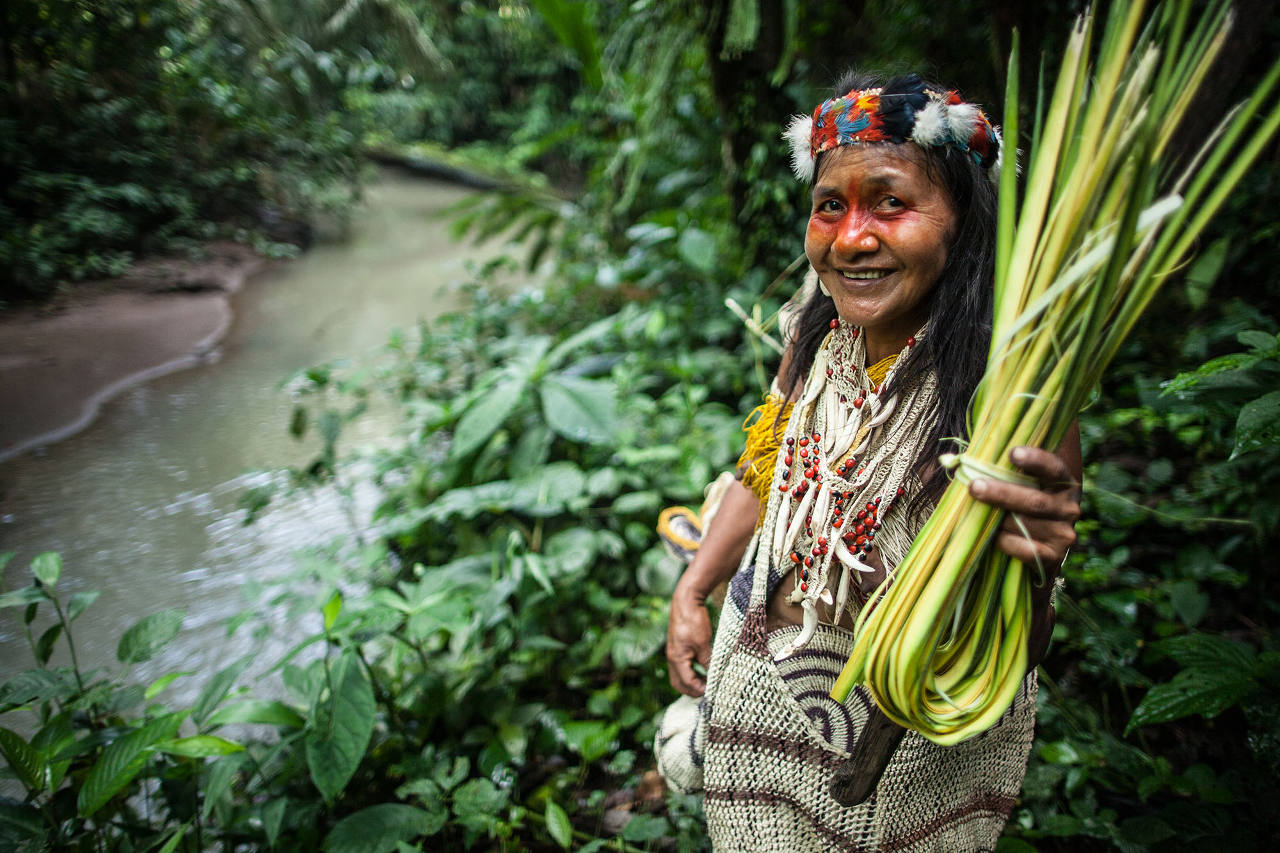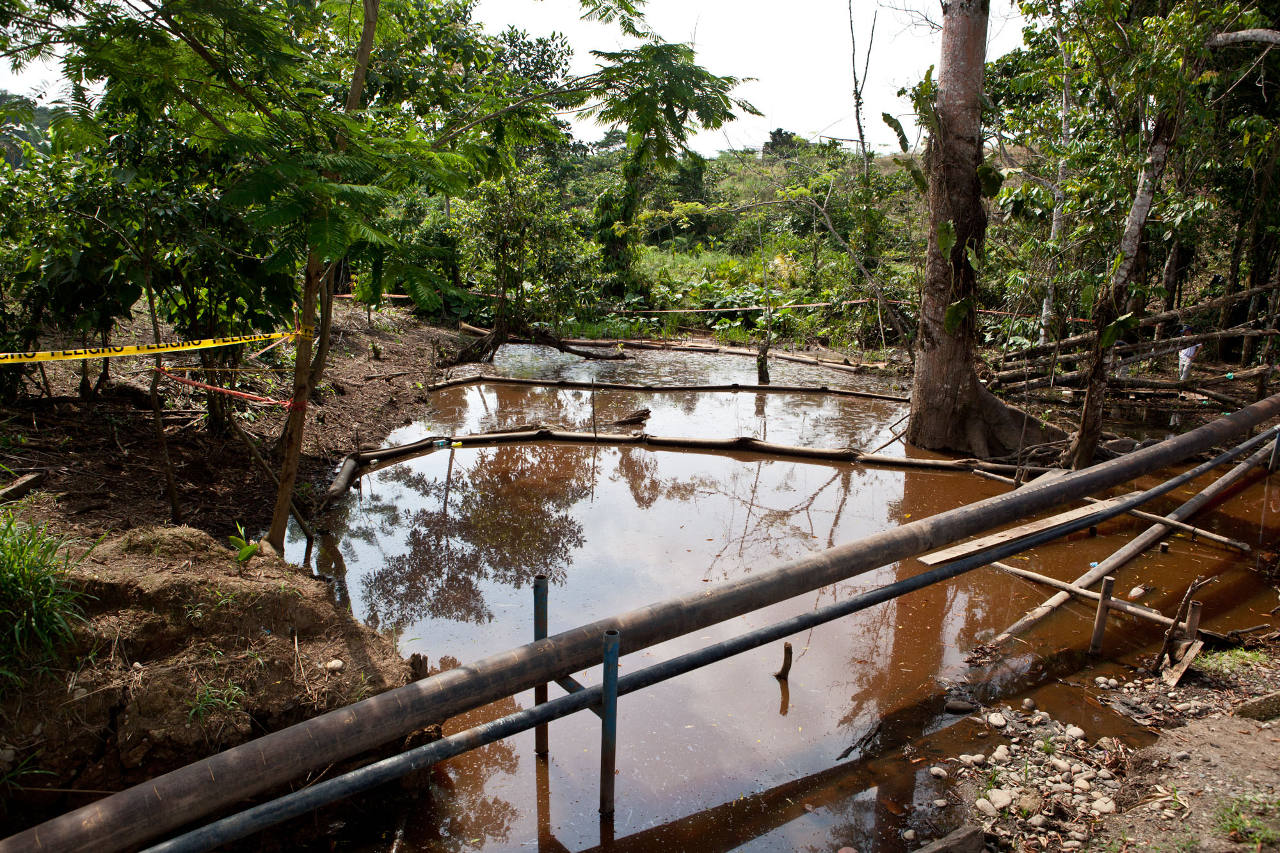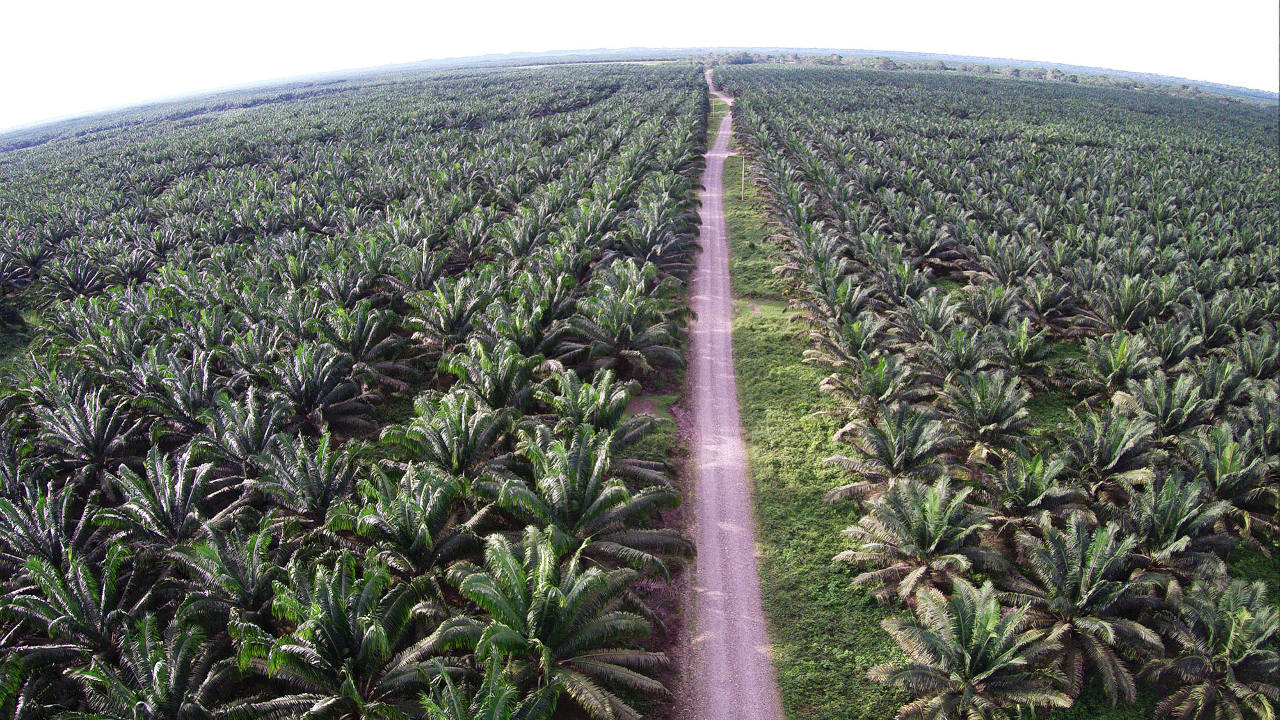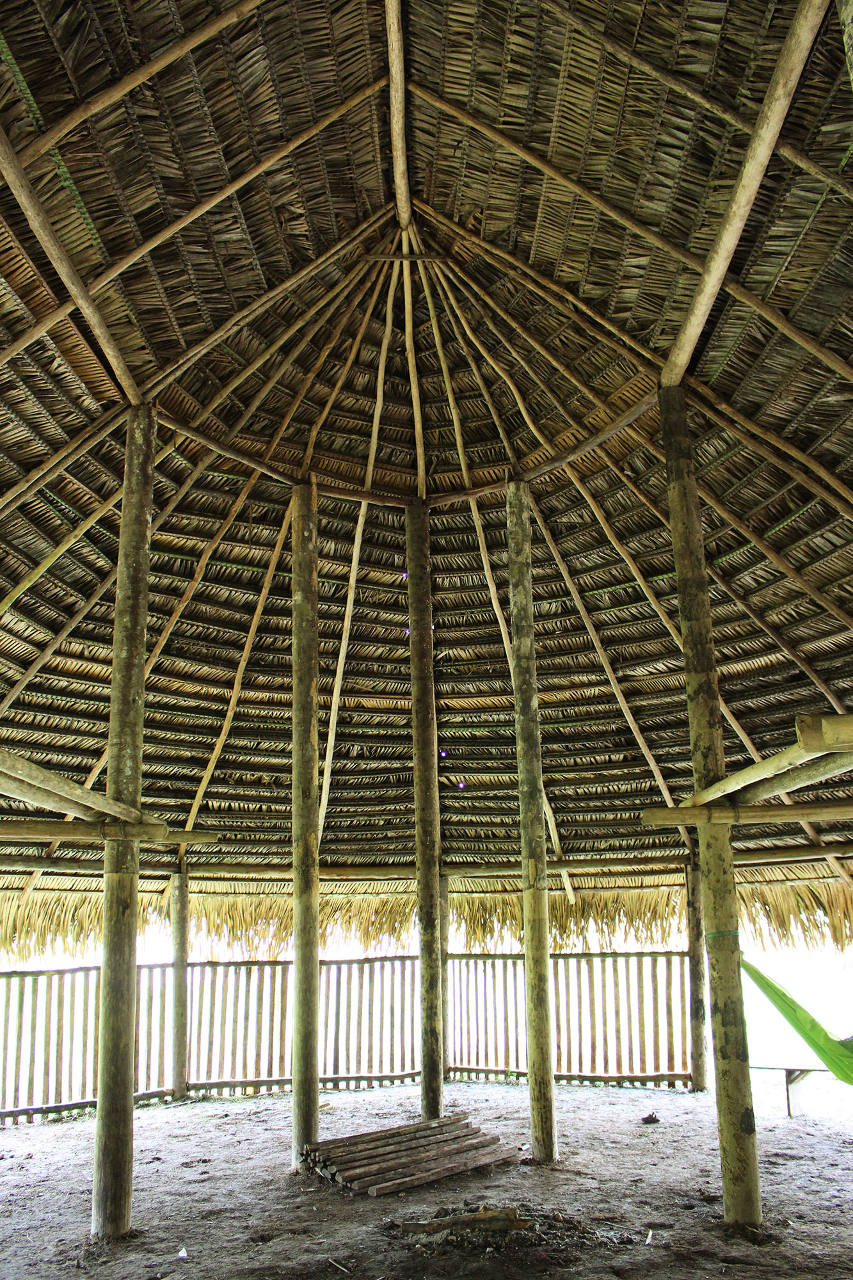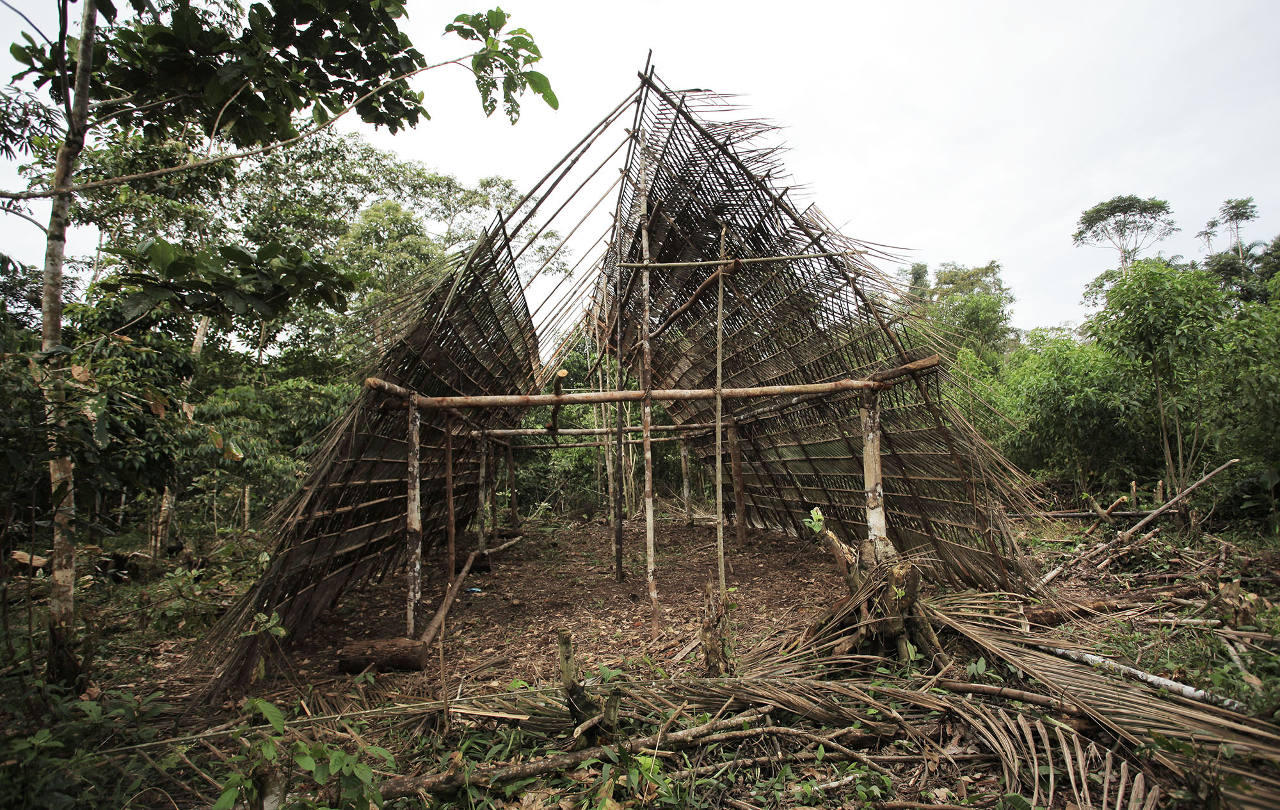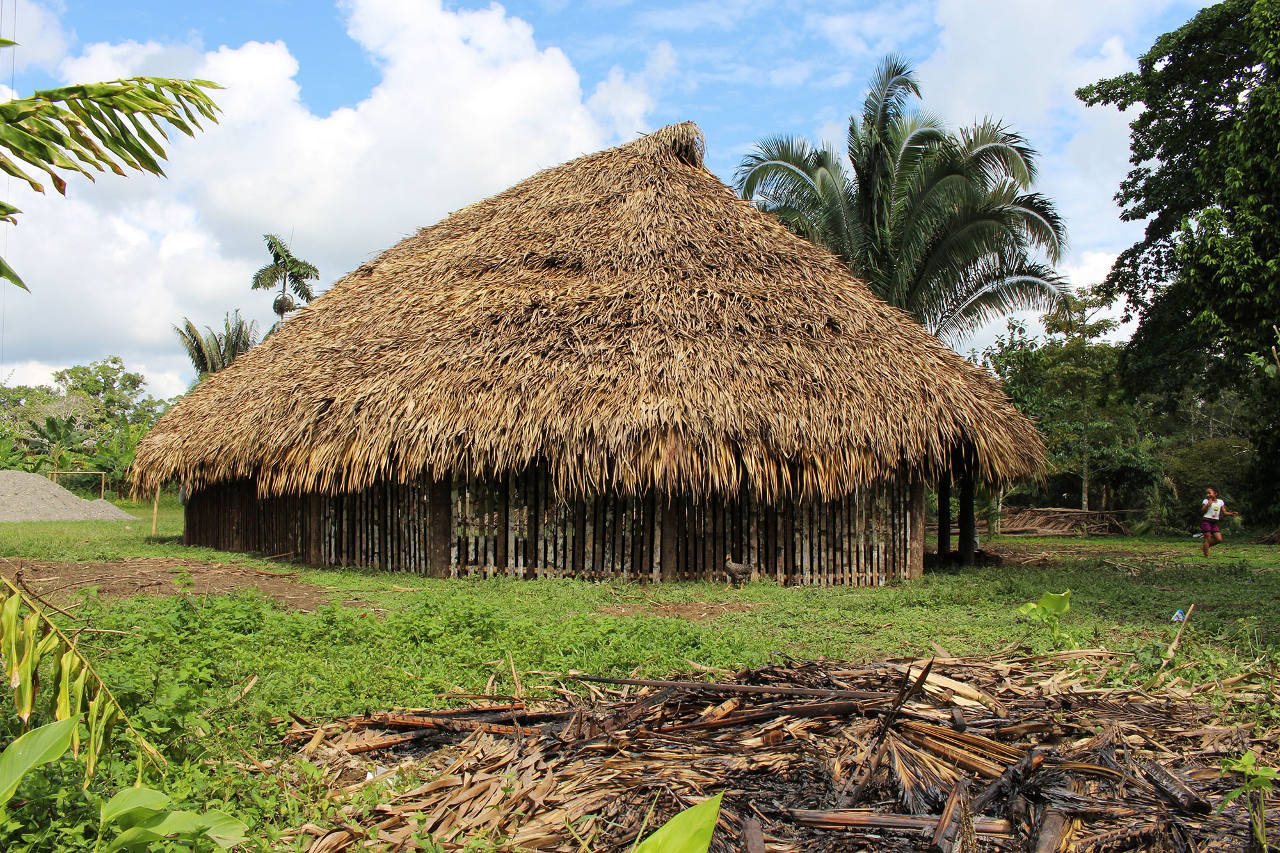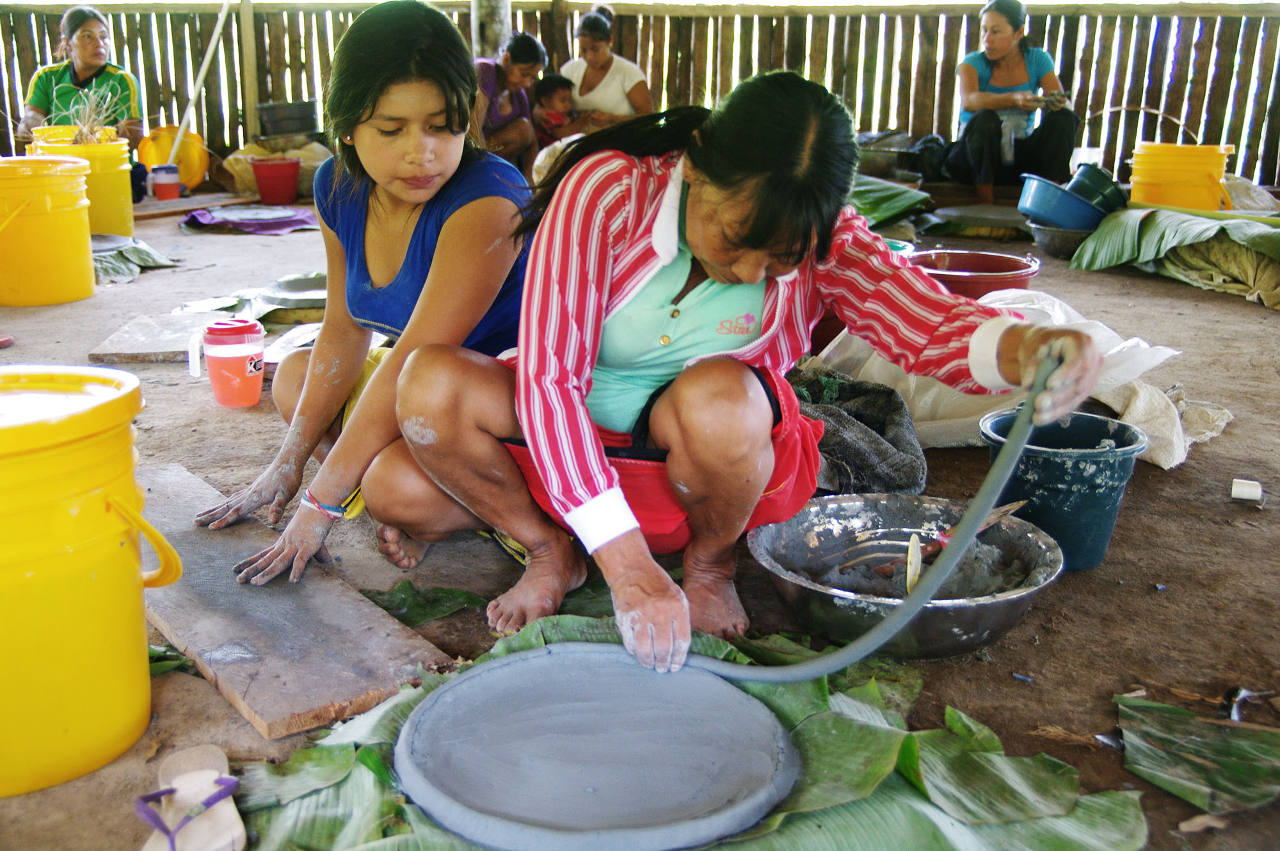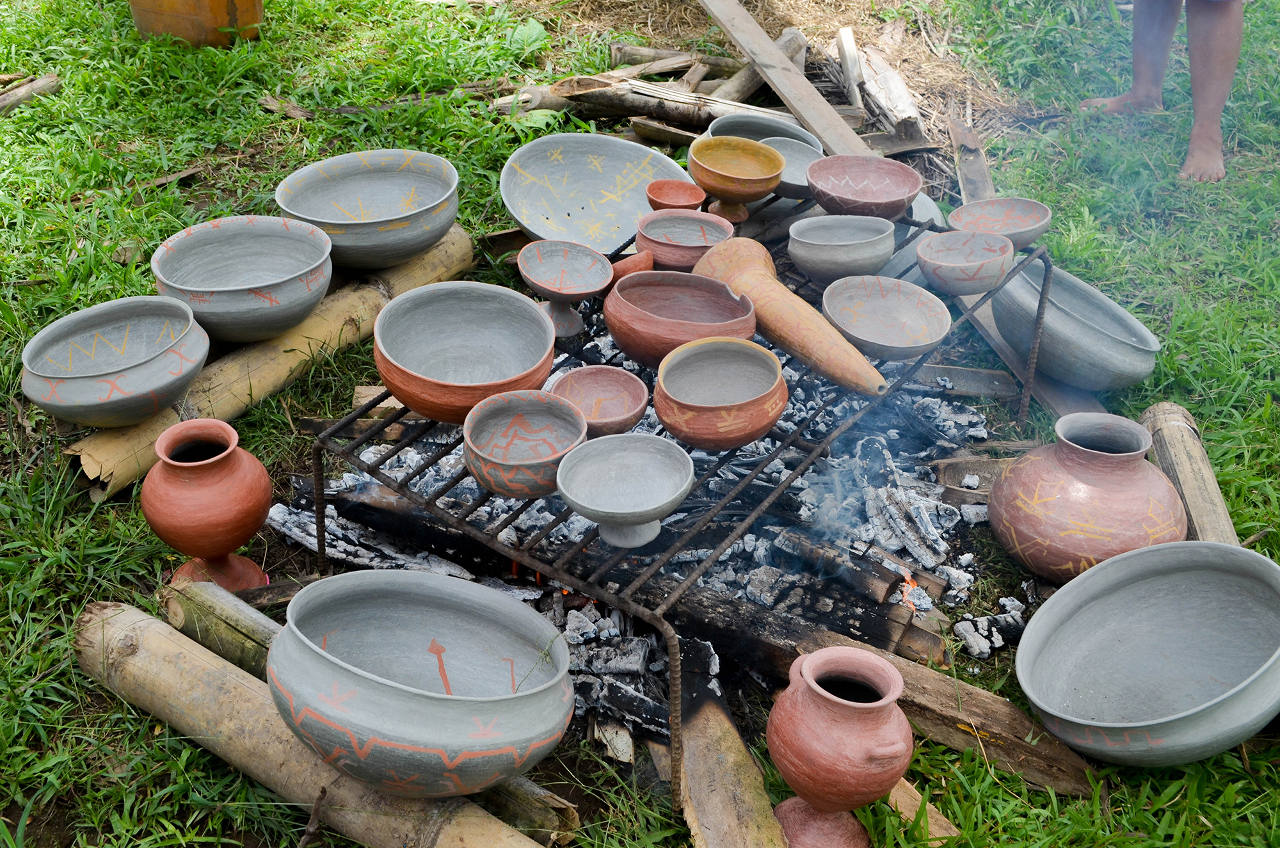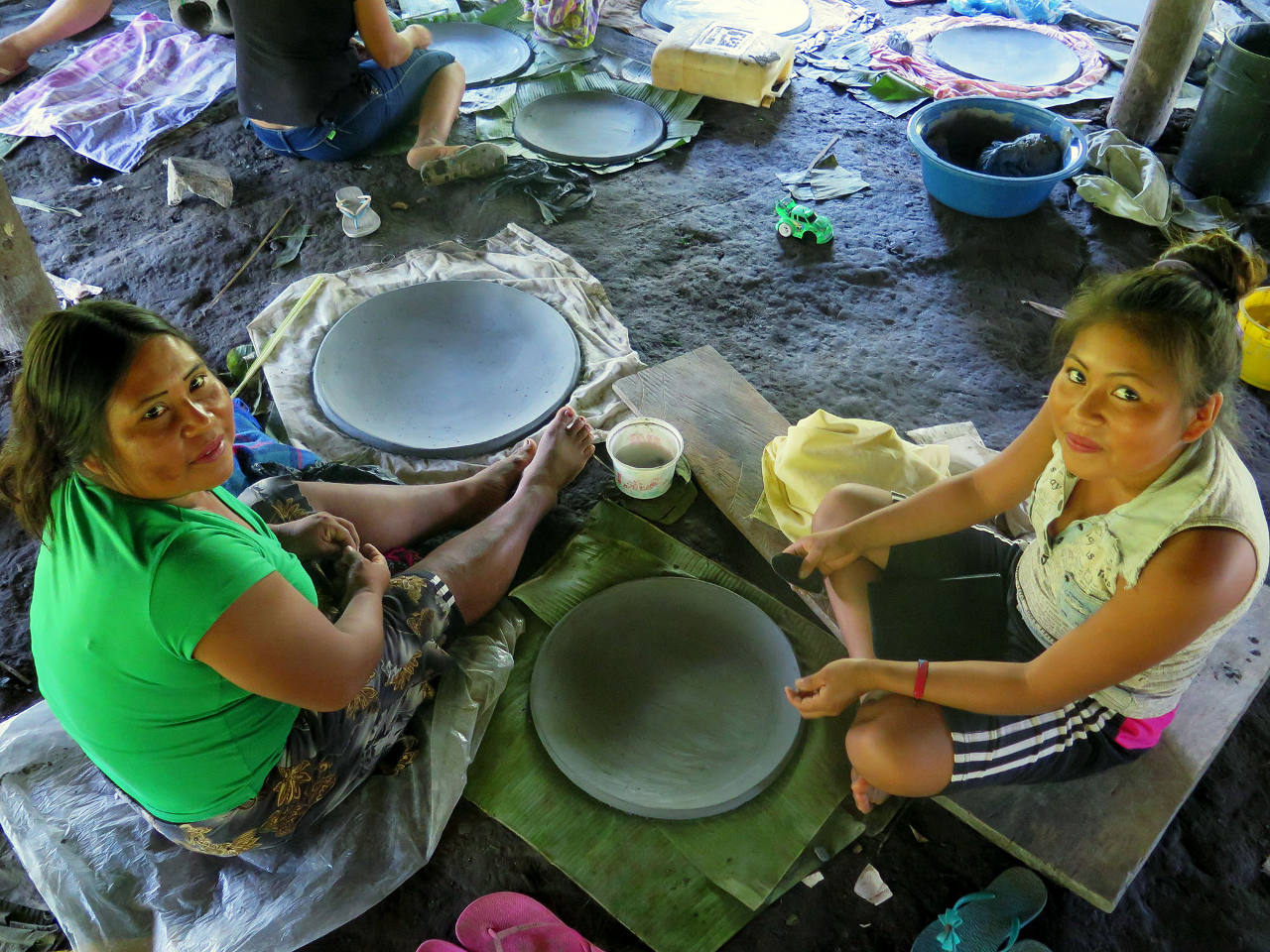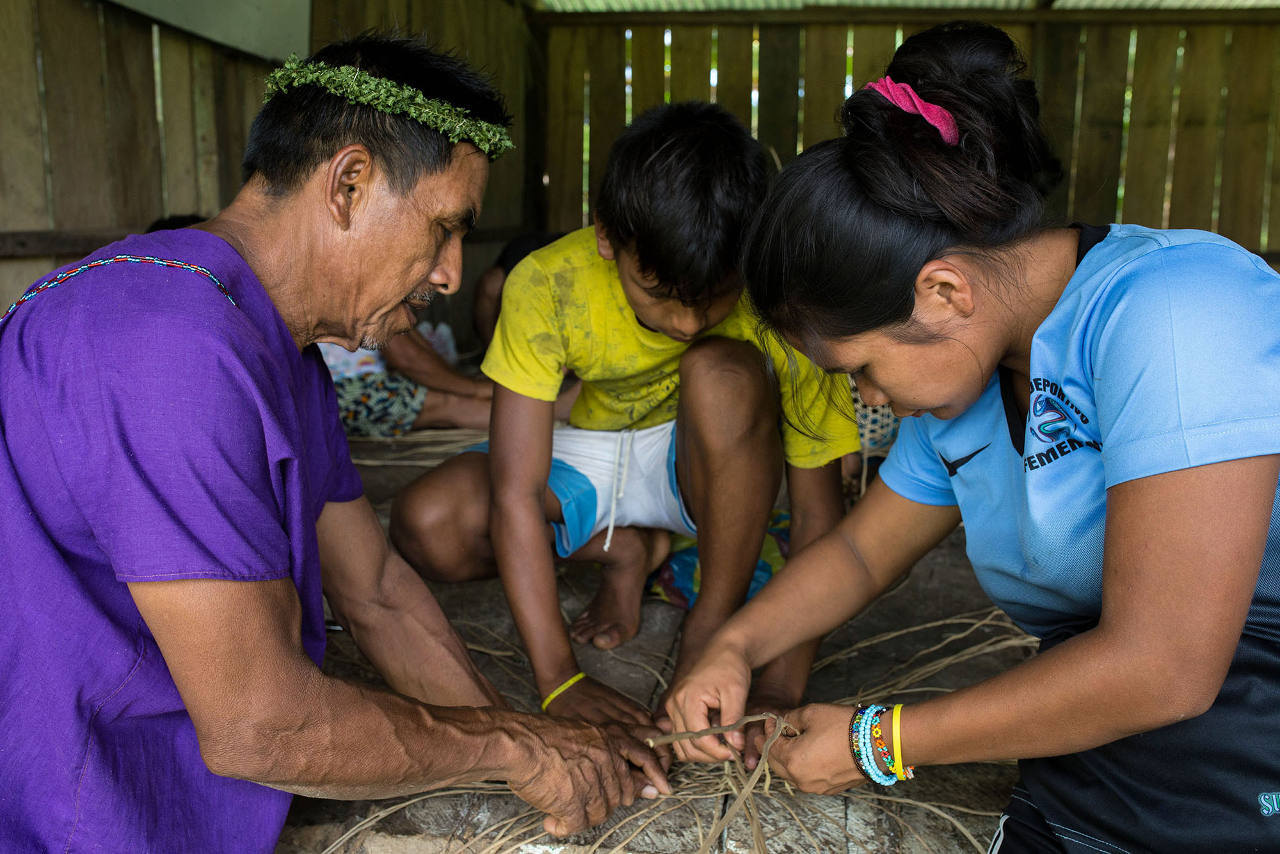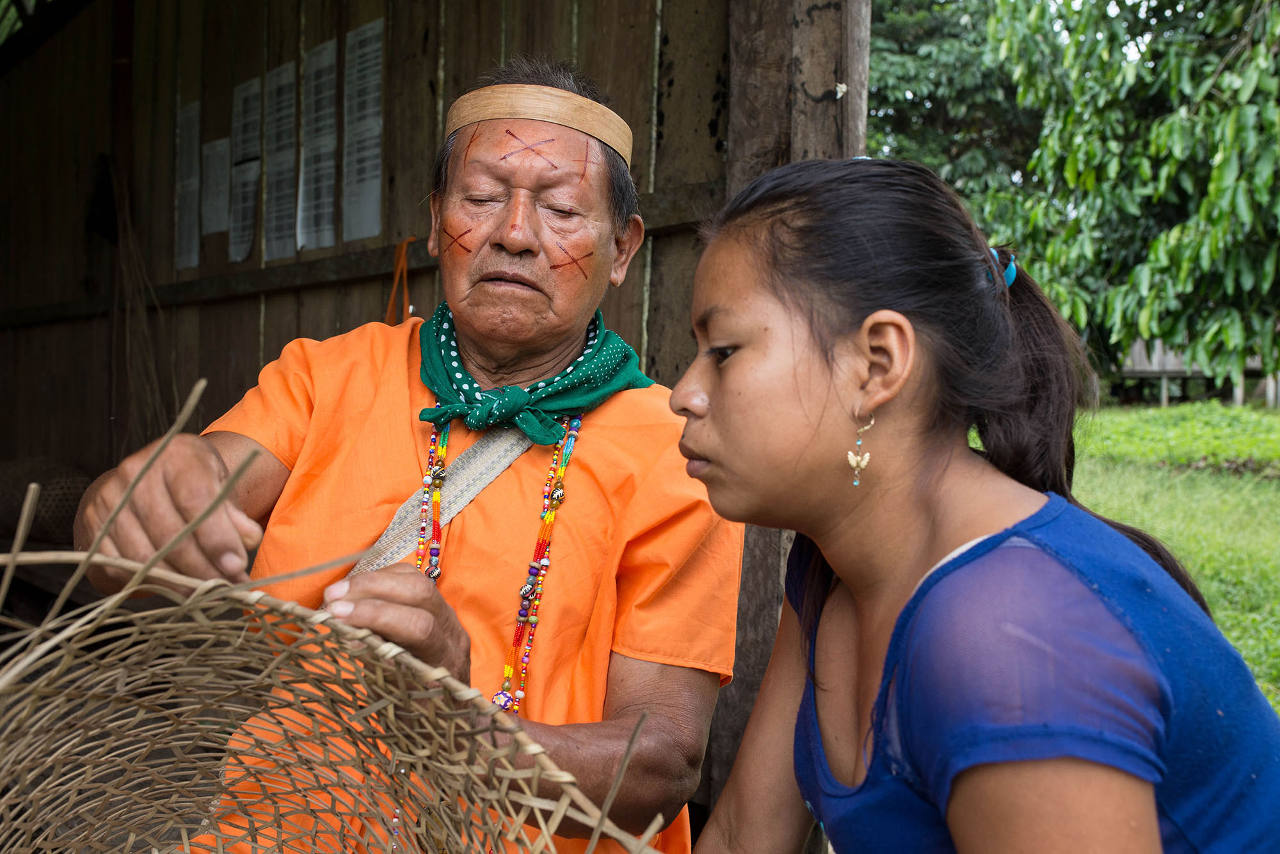Imagine a forest people who can no longer obtain their daily necessities of traditional life from the forest environment they are immersed in.
For millennia, Amazonian cultures have depended upon the accumulated knowledge, skills and practices of their ancestors, grandparents, and mothers and fathers to be able to carve out, shape, and weave wonderfully rich, culturally diverse and prosperous livelihoods within the abundant, yet harsh, rainforest. Their livelihoods far surpassed mediocre subsistence living and extend into the realm of true mastery of the material and metaphysical elements of the forest.
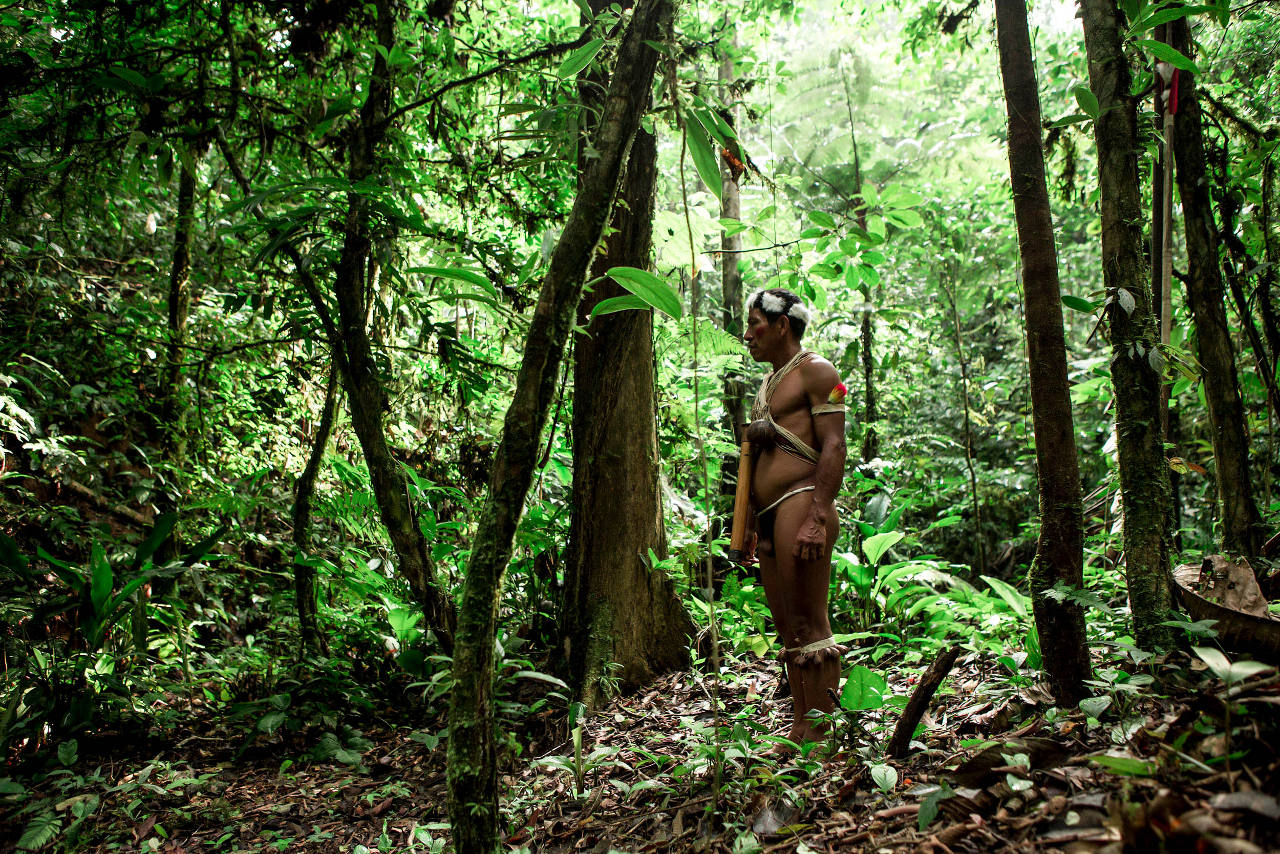
Since the Colonial era, however, a deluge of outside influences and unquenchable greed have brought religious missions, rubber barons, extractive industries, and mass-scale agriculture, as well as other less blatantly ominous introductions such as western education and medicine. In some way, all of these forces began to sever the intimate relationship between the native people and their forest, and the transfer of this accumulated knowledge through the generations. The disconnect has reached such a degree, that point where more and more indigenous youth have opted to relocate to cities where their skill set is better matched.
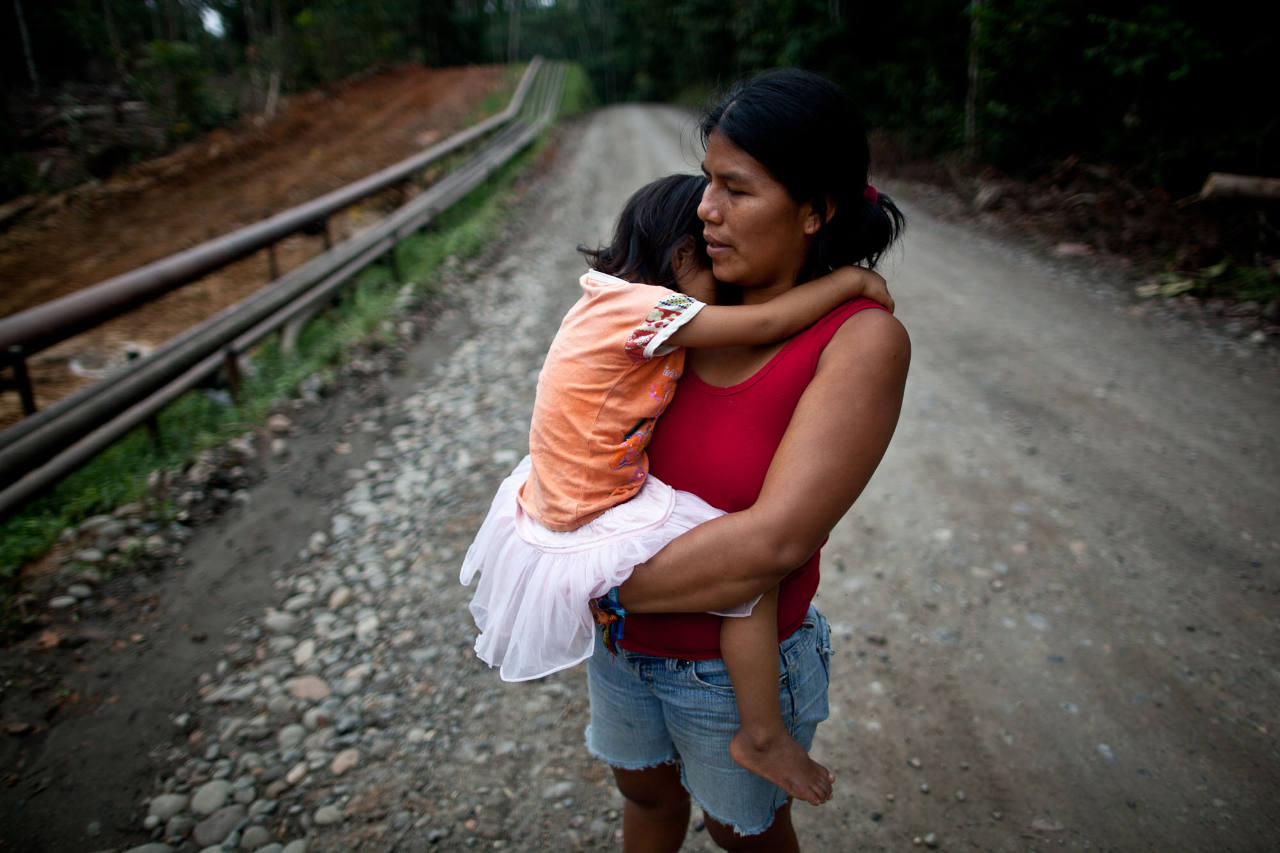
However, many communities realize that their ancient skills and practices are critical and relevant for the survival of their culture, people and forest. They believe that the present —while savvy elders still remain— is perhaps their last chance to acquire the skills and expertise required to maintain a deep and bountiful relationship with the forest. And so they are asking to be taught the ancient ways.
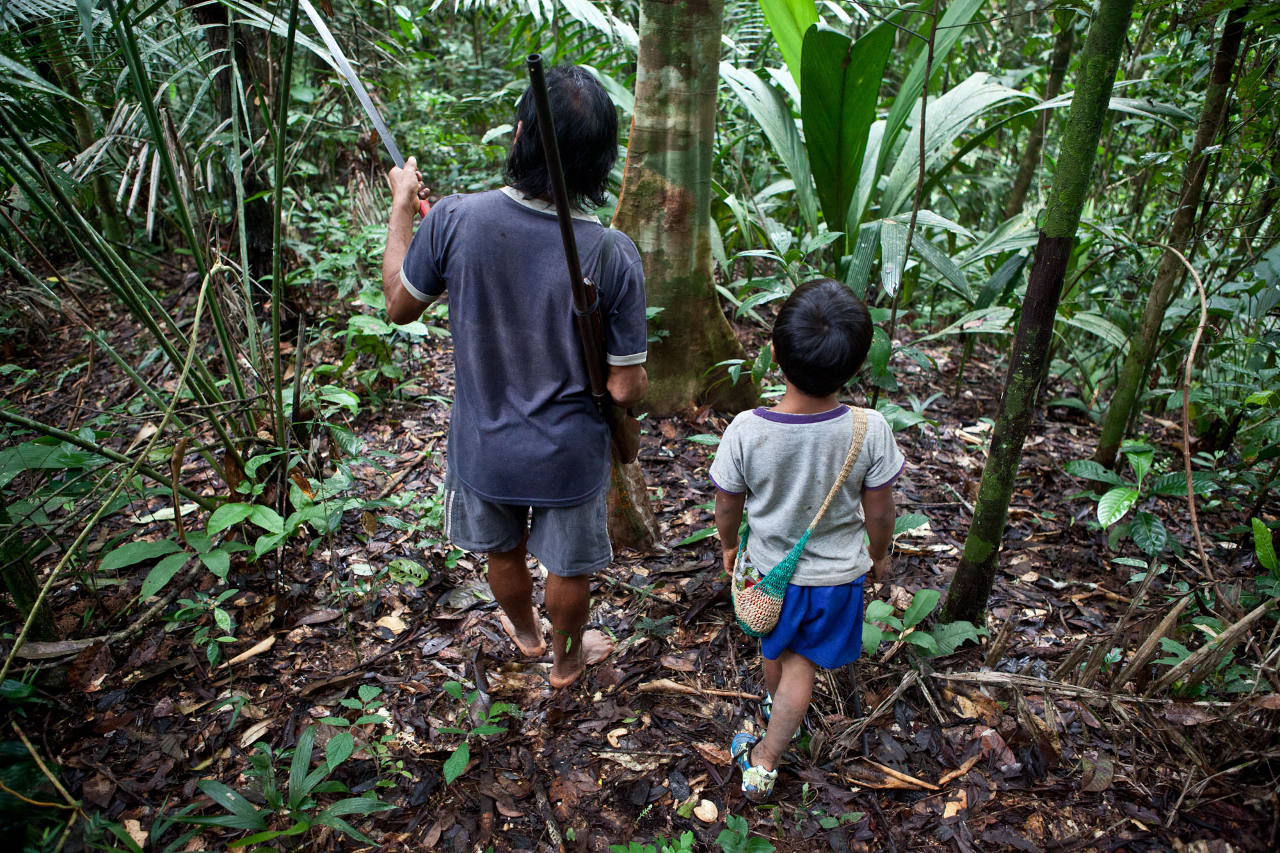
The Transfer of Ancient Practices and Skills Initiative came to life through these community-based realizations. Our focus has been to facilitate the creation of spaces where elders and youth can be together to teach and learn the ways of traditional life.
From the elaboration of traditional foods and the array of culinary crafts and utensils…
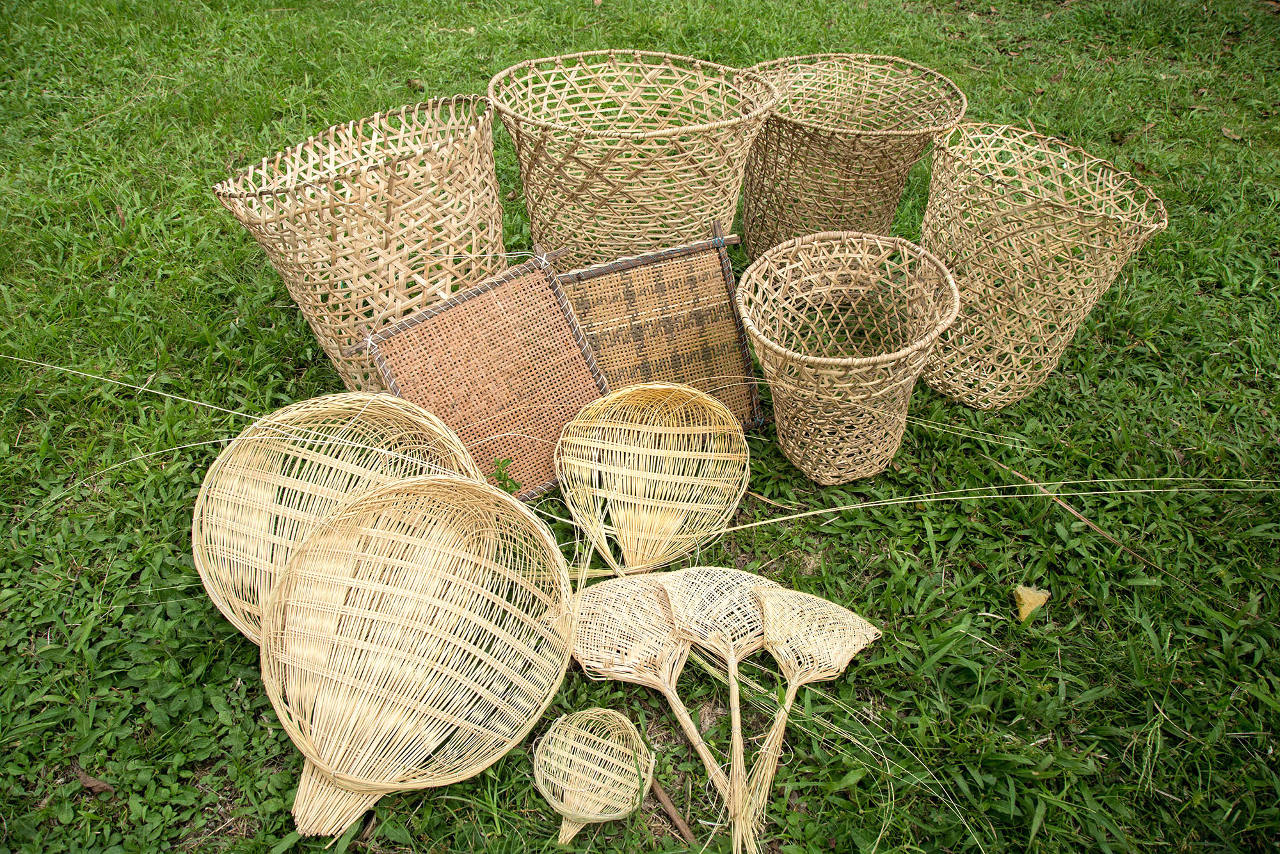
To the recovery of ancient architectural designs and housing…
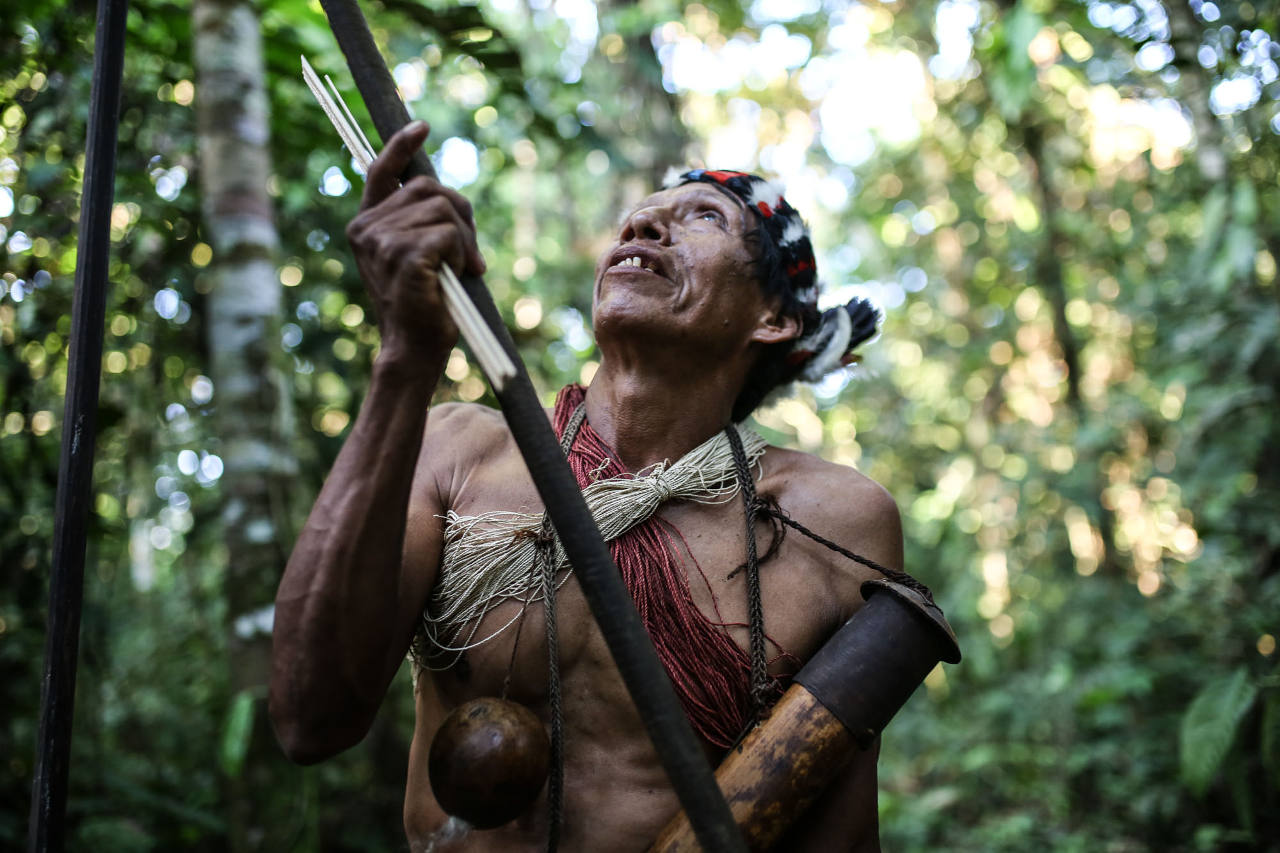
To a wealth of hunting and fishing skills and implements…
To colorful song and dance…
Such community gathering spaces have supported the recovery of ceramic-making skills — from how to identify quality clay and obtaining the admixture ash, to learning the mixing and kneading skills (photos of these activities). This is a space where mothers and daughters are learning together from the elders how to produce their first clay plate (tiesto) and cooking pot.
Such community gathering spaces have supported the recovery of ceramic-making skills — from how to identify quality clay and obtaining the admixture ash, to learning the mixing and kneading skills (photos of these activities). This is a space where mothers and daughters are learning together from the elders how to produce their first clay plate (tiesto) and cooking pot.
The young village men are promoting spaces where hands, young and old, come together to learn to weave baskets, hammocks, and culinary sieves —- all important elements of traditional life.
Elders from the village of Wa’iya were “re-awakened” in the process of teaching how to build the maloca long-house – or ‘Tuikë Wë’e’ – used by the Secoya and Siona peoples (photo of maloca from Wa’iya). The event marked the first time that this traditional and complex architectural masterpiece was built in the community in over twenty years.
Meanwhile other communities are organizing spaces to learn how to create a proper blowgun and spear, as well as other tools for hunting and for the defense of their territories.
The Transfer of Ancient Practices and Skills Initiative is a work-in- progress that aims to rescue and revalue traditions that are still guarded by the elders: Everything the communities require to live within the forest as independent forest stewards, as they had for millennia.